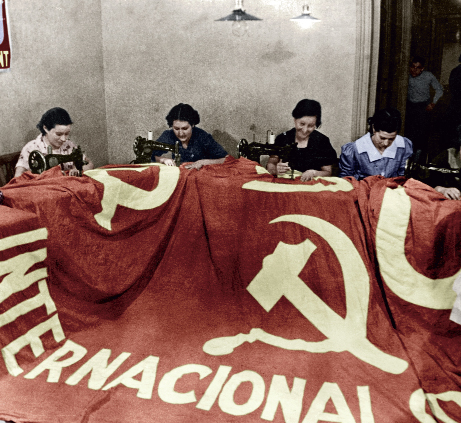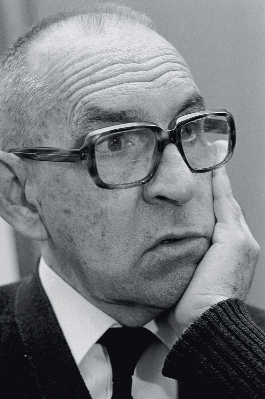The Tercentenary of the 11 September 1714, a crucial date that constituted a watershed in Barcelona’s history, is almost upon us. Throughout the year we are commemorating the Bourbon siege of the city, which led Catalans to lose their political rights and civil liberties. Barcelona City Council and the Catalan Government have promoted a civic celebration that will help to rediscover the city of the 18th century, understand the magnitude of the events and relate them to the present reality and future outlook. The commemoration of the Tercentenary in Barcelona will enhance the dialogue between past and present through an extensive programme of activities, including exhibitions, debates, seminars, publications, routes, popular festivals and artistic proposals.
Barcelona Metròpolis is also revisiting the events of 1714, its gaze set on the past, present and future. In his memoirs, Manuel Azaña said something which in the current context takes on a very ominous aspect: “A person I know said that the need to bomb Barcelona every fifty years is like a law in the history of Spain. This boutade illustrates something that is tantamount to a veritable political programme. Indeed, Barcelona has fallen under the sword more times than any other Spanish capital.” The conflicts that scourged Barcelona were never isolated or purely local, as they involved the international scene. The events of 1714 were part of a very complex game that played out on the European political stage. The siege of Barcelona caught the attention of a universal author of the stature of Daniel Defoe, who gave his own vision of the War of the Spanish Succession in The Memoirs of Captain George Carleton, a novel published this year in Catalan language. More than two hundred years later, during the Spanish Civil War, Barcelona would be hit by the first air raid on civilians in history, making it a veritable testing ground for the atrocities that would later be perpetrated in the Second World War. Republican Barcelona’s resistance against Franco’s attacks is also addressed here, as is the figure of Miquel Serra i Pàmies, a man who, in a heroic deed before the imminent occupation of the city by Franco’s forces in 1939, averted the mass destruction of the city by the Communist forces, who had planned to raze Barcelona as they retreated. We have a duty to honour citizens who have risked their lives for the city in such extreme circumstances.
In 1714 and in 1939, Barcelona was obliged to surrender before a compelling force whose aim was to uniformise and centralise. Modern Europe was built upon the nation state and going against the grain of history was hardly an option. Today, however, the wind blows in a totally different direction and has fuelled new international relations that transcend state borders. Barcelona now has its own voice in the new global dialogue that governs the world. It is an example of resistance, but also of openness and integration. “Barcelona is a big factory that produces Barcelona inhabitants,” says the writer Albert Sánchez Piñol, author of Victus, interviewed in this issue of Barcelona Metròpolis. Joan Sales was so right when he said “the wars you lose are the wars you win”.





